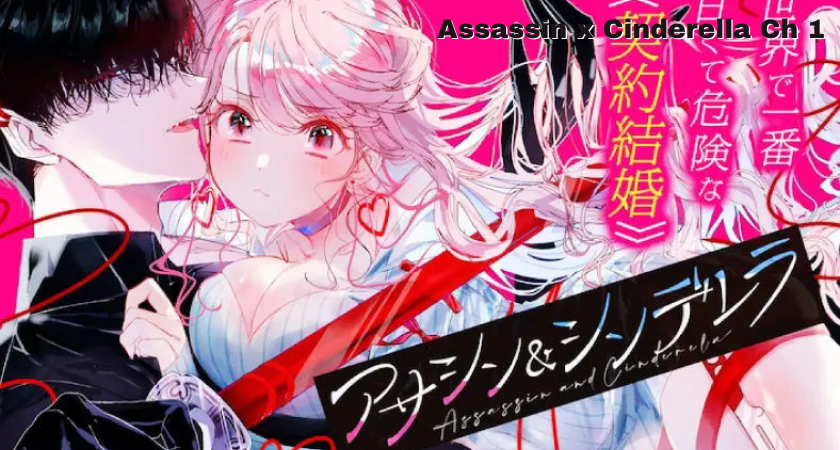As a beginner writer, one of your biggest challenges will be to get yourself out of a rut, compel yourself to turn off your internal editor, and keep writing. So, if you are struggling with working on your first novel, then you can immensely benefit from the below-given tips.
Keep reading.
Borrow the Structure
The first thing that you will want to do, which, by the way, loads of writers do, is to borrow your structure. A lot of times, the books that writers write come from various resources. For instance, the resource might have come from watching a movie, reading a novel, hearing about an event, etc.
You might have come across various resources, and one of them might have stood out to you to the point of making you wonder whether or not you could write something like that. As a novice writer, you might want to dig into that resource or subgenre and research the aspects that make the story or plot really interesting.
For instance, if you have read a novel that you really like, you might want to ask yourself why you like this novel and what about the novel is great. For instance, if you have been reading a heist novel, then you might be struck with how it involves a crew of different people who all possess a different specialty and who come together and apply their talents to achieve a difficult goal.
Now, you have a story that has some sort of structure to it. At this point you might also realize that you have a scene where you outline the problem and you have a scene where each of the characters is recruited. Then you have an ending where you bring together each character’s specialized tale to overcome the problem at hand.
As a novice writer, you can immensely benefit from joining a novel writing class, where you are taught all the important aspects of a novel, including plot, character development, and structure. Subsequently, when you are ready to bring your passion to life and write the story that you have in your mind, one way to get yourself into writing and to have some sort of training wheels is to read a book or watch a movie and assess how to boil the story down to its fundamental structure.
Subsequently, you will want to rebuild the structure and integrate a new set of characters along with a new problem to solve.
Kickstart with a Monologue
If you have never tried it before, as a novice writer, you can start writing your first novel with a monologue. Even if your novel is not going to be written in the first person perspective, which means that it is not going to unfold from the perspective of a single character’s viewpoint as they experience it – you can still really get into the character by interviewing them or having them tell you about a crucial time in their life.
While you write it out as if they were sitting there and telling you about their life experience, you can use it as an amazing way to start your novel. You might want to think about how your character would describe their life in three pages, and then proceed to have the character kind of explain themselves to you.
This way, while interviewing your character about their life, you will want to figure out really interesting things about the character. There is a slight chance that this excerpt of the interview with the character might not end up in your final book. However, one of the most interesting things is that if you get the interview right by designing it in the right way, it can become the little blurbs, also known as epigraphs, at the start of chapters.
At the start of chapters, you can also include chunks from the character’s journal or diary. Perhaps – if you like this form of writing, you might get inspired to write the entire novel in the form of a journal or in people’s writing.
You get the point – if you don’t know where to start, you might start with a monologue.
Focus on Character Development
Now, in terms of character development, one way to really dig into your protagonist or any other character is by asking yourself what the character wants. You will want to ask yourself what the character needs and if it is different for the character about what they want and what they need.
You will also want to assess why the character cannot have either one. Here is the thing: if you ask yourself these things, you will find the answers helpful when generating and constructing a plot – even on the fly.
When you start writing your character, start with writing their everyday life. You might want to use a mindmap to structure the details of the characters, and while you are at it, you will want to figure out what they really want and how that is different from what they need.
You will want to focus on this aspect while exploring the character’s life in the initial chapters of your novel. Once you have completed this part, you will want to construct the obstacles that keep them from having the things they want.
If you look at it, you see that this is a generally good way to ensure that your novel is essentially character-centered in a way that the entire plot revolves around the needs and wants of the character. By doing so, you will naturally be including the character in many important story decisions.
One potential mistake that you can avoid by focusing on the character’s wants, and needs is by making the protagonist not want or need anything. When this happens, the character becomes an external observer of some really interesting story happening with some other characters. So, as a newbie writer, you will want to avoid making the mistake of picking the wrong viewpoint where the character that you thought would be the main character is observing and commenting on someone else’s interesting turn in life.

Liam Stephens is a dynamic and skilled blogger, recognized for his ability to identify trends and create compelling content. As the founder of Remi-Portrait.com, Liam has become a reliable source of information across various fields such as food, technology, health, travel, business, lifestyle, and current events. He specializes in delivering up-to-date technology news and insights, catering to the diverse community that surrounds Remi-Portrait.com. His proficiency and engaging writing style have earned him a dedicated audience, solidifying his reputation in the digital sphere.



